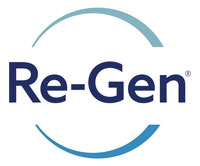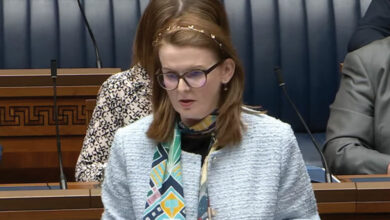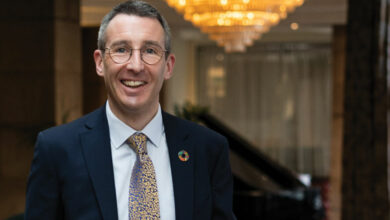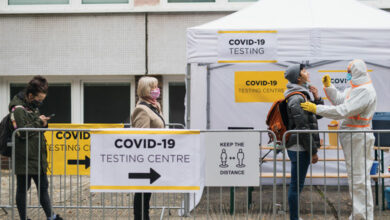The case for mixed recycling
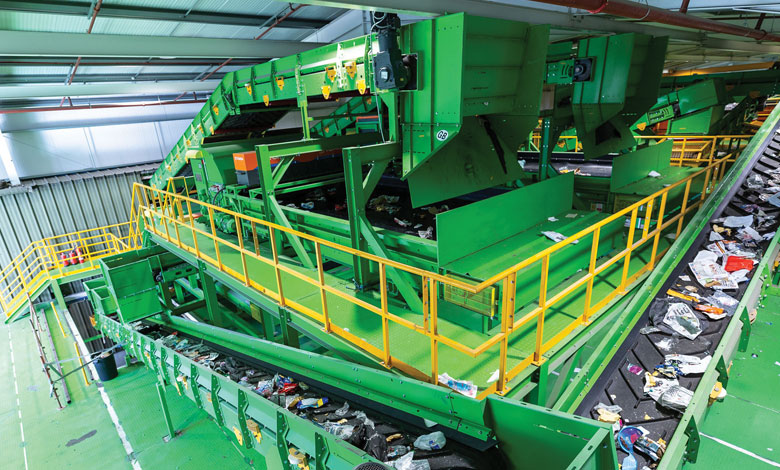
Joseph Doherty, Chief Executive of Re-Gen, explains why the fully commingled household waste collection system is the best option for Northern Ireland’s environment, economy, and society.
Back in the 1960s, engineers in the United States Navy came up with an acronym to describe a principle which has been at the heart of good design since the beginning of time: KISS.
It stands for ‘keep it simple, stupid’ and refers to the principle that designs or systems should always be simple and avoid complexity wherever possible. Keep things simple and you are more likely to design something that works, that lasts and, most importantly, is truly accepted and utilised by users.
When it comes to household recycling, the philosophy very much applies. Make the process easy for householders and they will recycle more; make it complex and they will recycle less.
The data bears that prediction out. In Northern Ireland, the council areas with the simplest recycling systems for householders have the highest dry recycling rate. In other words, they recycle more.
That system is known as fully commingled and sees householders sort their waste into just three wheelie bins: dry recyclables, including glass, in the blue or green bin; residual waste in the black or grey bin, and degradable and compostable material in the brown bin.
It is a simple system which makes life easier for householders.
At the other end of the scale are the council areas where recycling rates are lowest. Householders there are faced with what is known as the kerbside sort or multiple box system, which essentially creates multi-stream recycling centres in every home. They are required to sort their waste into up to six separate bins: a brown wheelie bin for garden waste; a grey or black wheelie bin for all non-recyclable waste; one caddy bin for cardboard and paper; one for aerosols, cartons, foil, metal cans and plastic and one for glass bottles and jars. A further bin is required for food waste.
Unsurprisingly, the complexity of this system produces the lowest levels of recycling.
Proof, if it were needed, that the simpler the system the higher the rate of recycling comes from the fact other commingled systems operating in Northern Ireland (either with a separate glass collection or with no glass collection at all) produce slightly lower rates than fully commingled, but more than kerbside sort.
Ironically, it is a simple argument but one which needs spelling out to ensure government opts for the best possible household waste collection system for the future.
The Department of Agriculture, Environment and Rural Affairs (DAERA) has recently launched a consultation, Rethinking Our Resources: Measures for Climate Action and a Circular Economy in Northern Ireland.
The consultation is aimed at finding the best waste collection for all of Northern Ireland, rather than the divergent systems currently in place in different council areas currently.
We, at Re-Gen, believe the fully commingled system is the best option for Northern Ireland’s environment, the best value for the public purse, and best for the local recycling industry.
Because of the higher levels of recycling it produces, the fully commingled system helps prevent waste going to landfill and will be a key enabler in helping Northern Ireland reach its target recycling rate of 70 per cent by 2030, as set out in the Climate Change Act.
There is also an extremely strong economic argument for the fully commingled system.
If DAERA was to opt for the kerbside box system across all Northern Ireland’s councils, the cost of recalibrating the region’s waste system would likely be more than £1 billion over seven years. That will be needed to pay for everything from new bin lorries, the bins themselves, education of householders, and a myriad of other costs. It is money which in these straightened times would surely be best spent on our hospitals and schools?
It is also worth noting that the recycled material which is produced from the commingled system is of as high quality, if not higher quality, than with the kerbside box system.
We, at Re-Gen, already supply many Northern Ireland-based companies which use our paper, carboard and other recyclate.
At present we export glass for recycling to Great Britain and Belgium but, with minimal investment by glass recyclers in Northern Ireland, that too could be utilised here.
Our view is simple: Northern Ireland should opt for the fully commingled household waste collection system. Let recycling companies like us at Re-Gen, which are equipped with 20 years of experiencing in sorting waste using the latest technologies, sort dry recyclable waste.
It will be better for the environment of Northern Ireland, most cost effective for the public purse and will allow the circular economy in Northern Ireland to thrive.
 Joseph Doherty
Joseph Doherty
Chief Executive of Re-Gen
T: 028 3026 5432
E: josephdoherty@regenwaste.com
W: www.regenwaste.com

